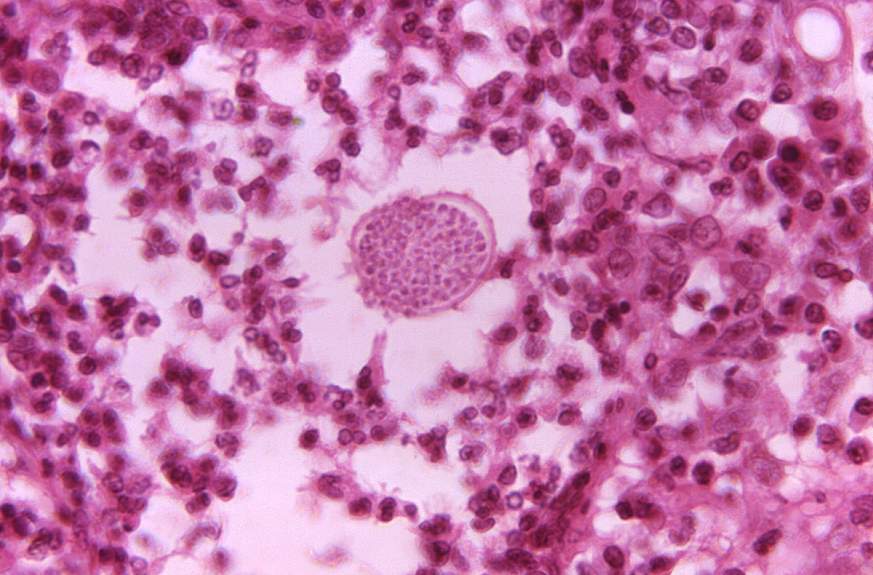With BBQ season soon upon us we offer CDN readers a word in defence of hamburgers, steaks, roasts, ribs, briskets (ideally grilled slowly over smoking hardwood) and all the other mouth-watering delights that come to us by way of our bovine friends. They may be making your waist expand, they may be doing who knows what to your cholesterol level, or maybe they’re the secret to better health and weight loss; the science is not settled here. But we do know they are not wrecking the climate. And we offer two pieces of evidence for you to munch on.
The beef about cattle is that they eat grass and burp methane as it digests. And methane is a greenhouse gas. Which is why billionaire climate do-gooders like Bill Gates want you to stop eating beef and switch instead to bugs or fake meat.
To which we have two replies. (Or three if you count “You first.”) First we recall a very insightful 2021 observation from, again, Tony Heller, who noted that there are currently about as many cattle in the US now as there once were bison, who are also methane-emitting ruminants. When cowboys sang for a “home where the buffalo roam” they were referring to the very real presence of as many as a hundred million bison who used to roam the US interior until, in the aftermath of the US civil war, the American army wiped out the buffalo herds as part of their attacks on Indigenous people (here we’re just reporting what Heller says, we’re not offering our own history of the US west).
So up to the early 1800s there were vast herds of methane-emitting buffalo comparable to today’s herds of cattle. Yet the early 1800s was the end of the Little Ice Age, namely the coldest interval in the Northern Hemisphere in the previous 10,000 years. All that methane couldn’t stop the Little Ice Age cooling caused by natural processes. (Shades of the alarmist insistence that nature responds differently to man-made than to natural CO2, we also note at the risk of uttering a discouraging word.)
Second, we point to a discussion by Francis Menton, aka the Manhattan Contrarian, of a new study which questions whether cattle are even a net contributor to methane levels. Yes, the methane comes from grass breaking down in cows’ guts. But if they didn’t eat the grass it would still die and be broken down by bacterial action which also releases…um… methane. So which process releases more methane?
Two scientists recently conducted some experiments and found that grassland subject to grazing actually released less methane overall. The reason is that the action of grazing causes the plants to prioritize root growth, sequestering more carbon beneath the surface.
Now speaking of conflicts of interest, Menton points out that the scientists are both employed by large Ag Businesses so you might want to weigh their findings appropriately. Which is a good point, and we hope that other scientists will look into the issue and report their data in due course. Including ones paid by governments who want to hear that there’s a man-made crisis from which only they can save us.
In the meantime, happy grilling, of beef, bison or (ugh) grasshopper.



great article!
In New Zealand, a recent rebuttal of the whole ruminant methane causing warming was published by non other than Ken Trenberth. Who, I do believe, is very definitetly a Climate Scientist!!! , according to the catastrophist brigade. Sounds like apostasy to me, the Inquisition will show up very shortly.
Menton made a serious error by relying on one study that contradicted all previous studies
He also misse the difference between female cows that eat grass and provide milk and born male steers that eat corn and provide almost all the meat.
This article should have mentioned the negligible effect of methane as a greenhouse gas when mixed in an atmosphere that contains water vapor.